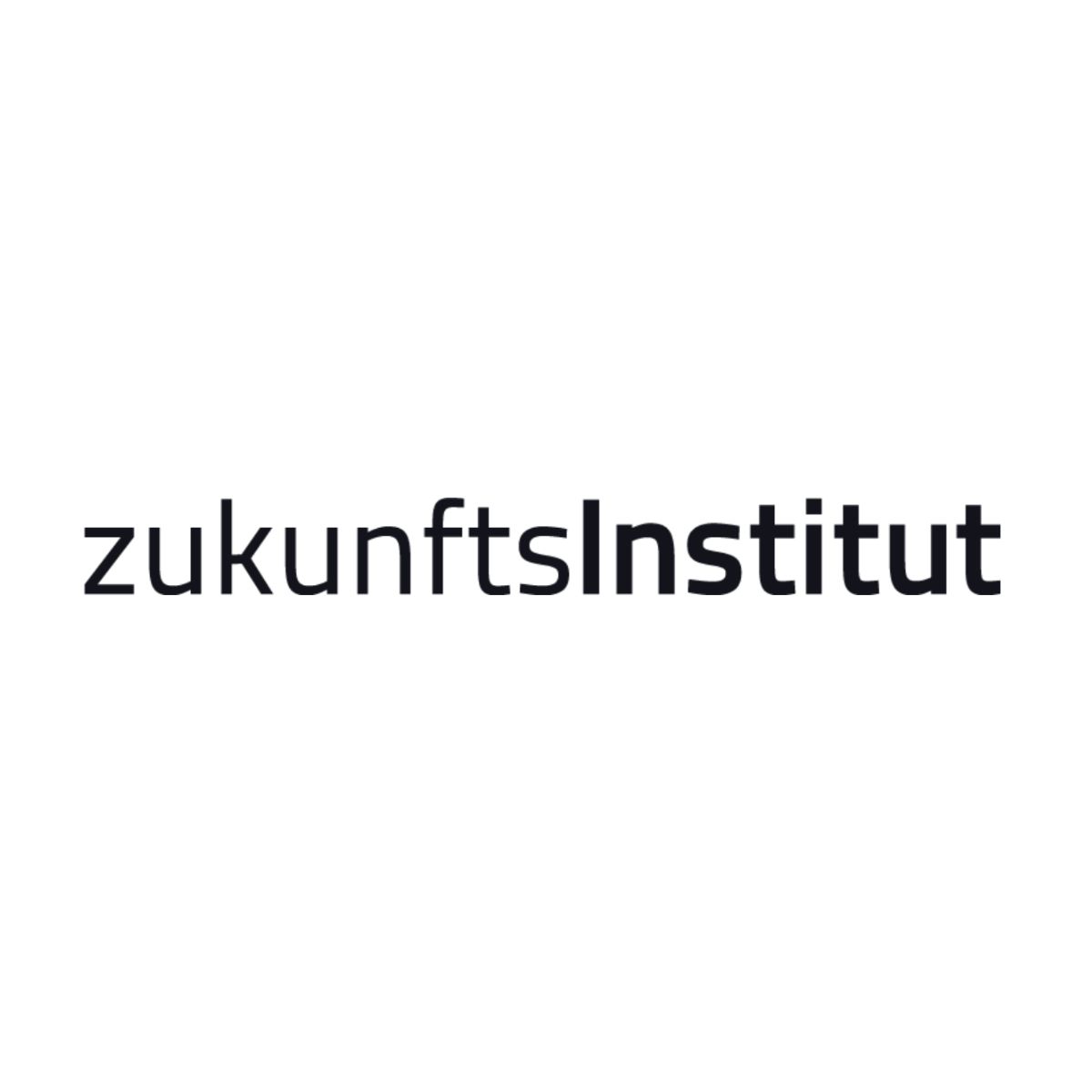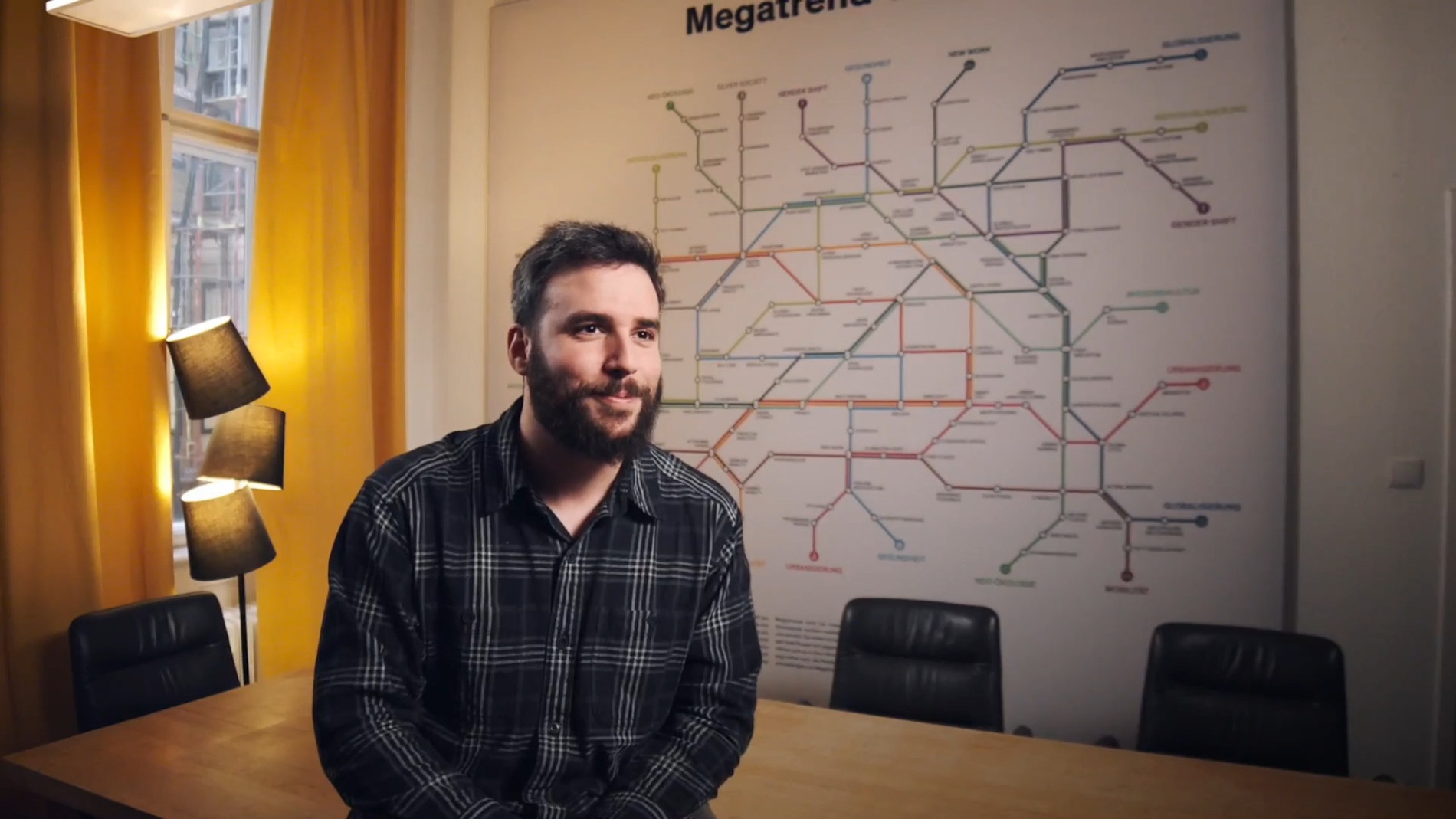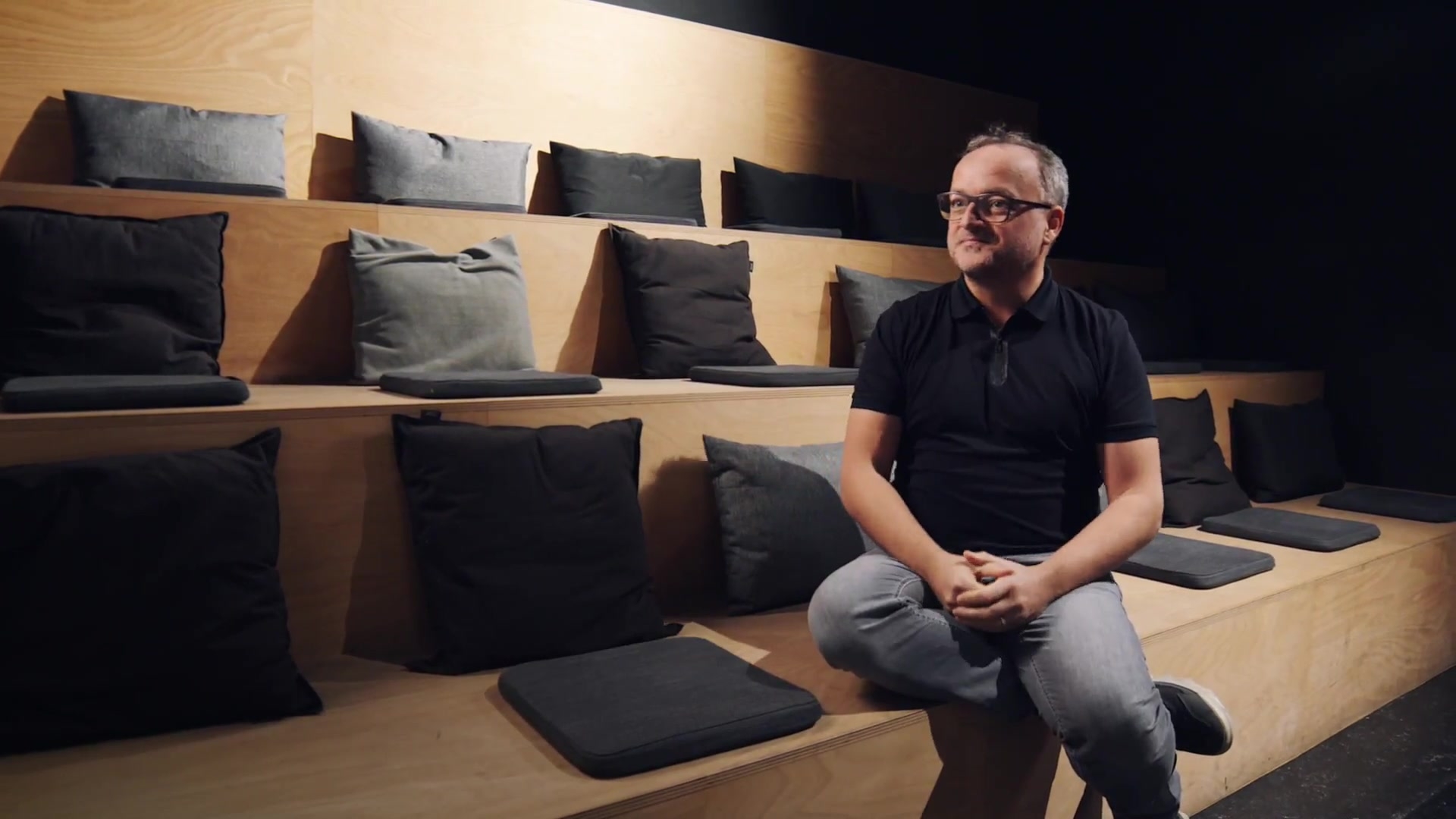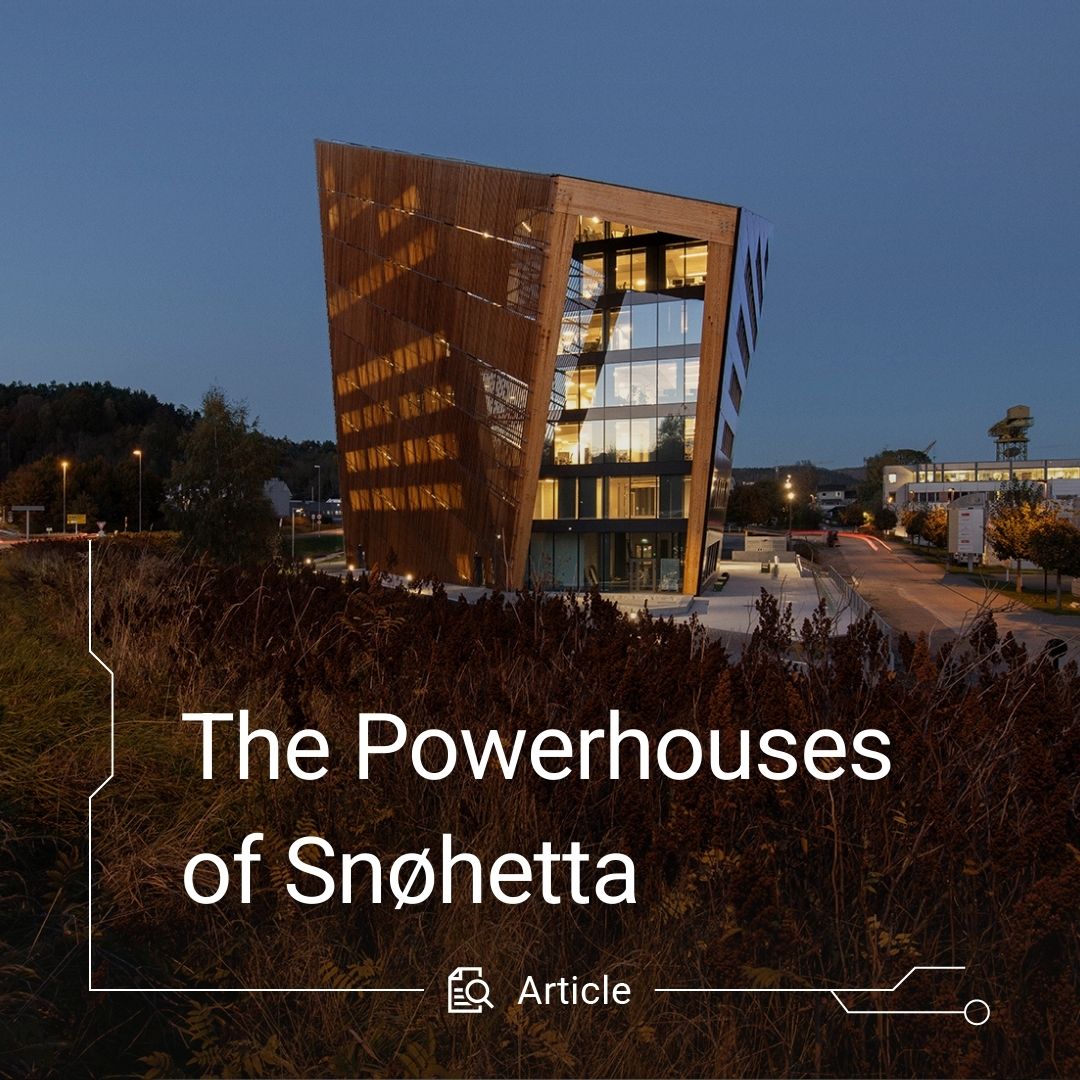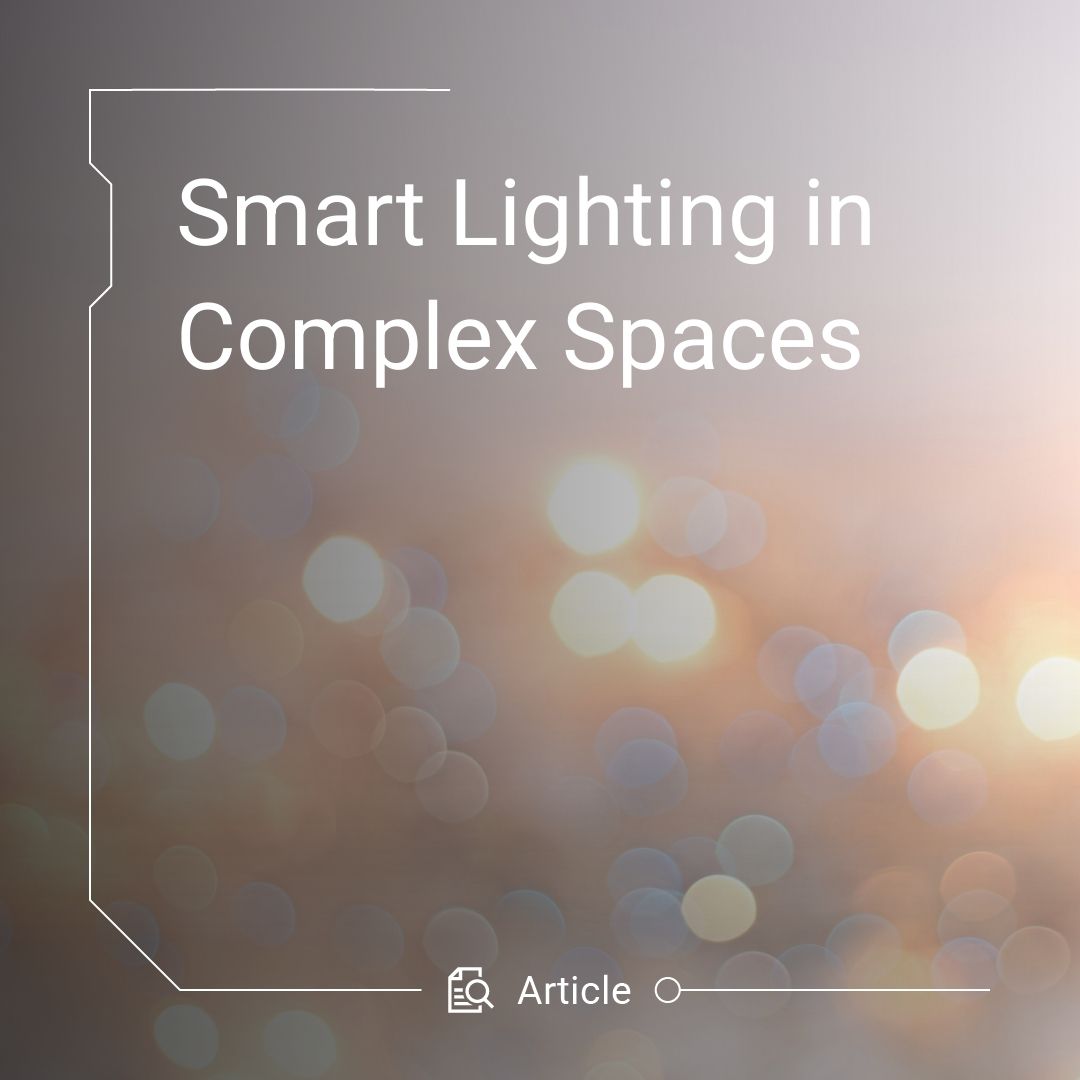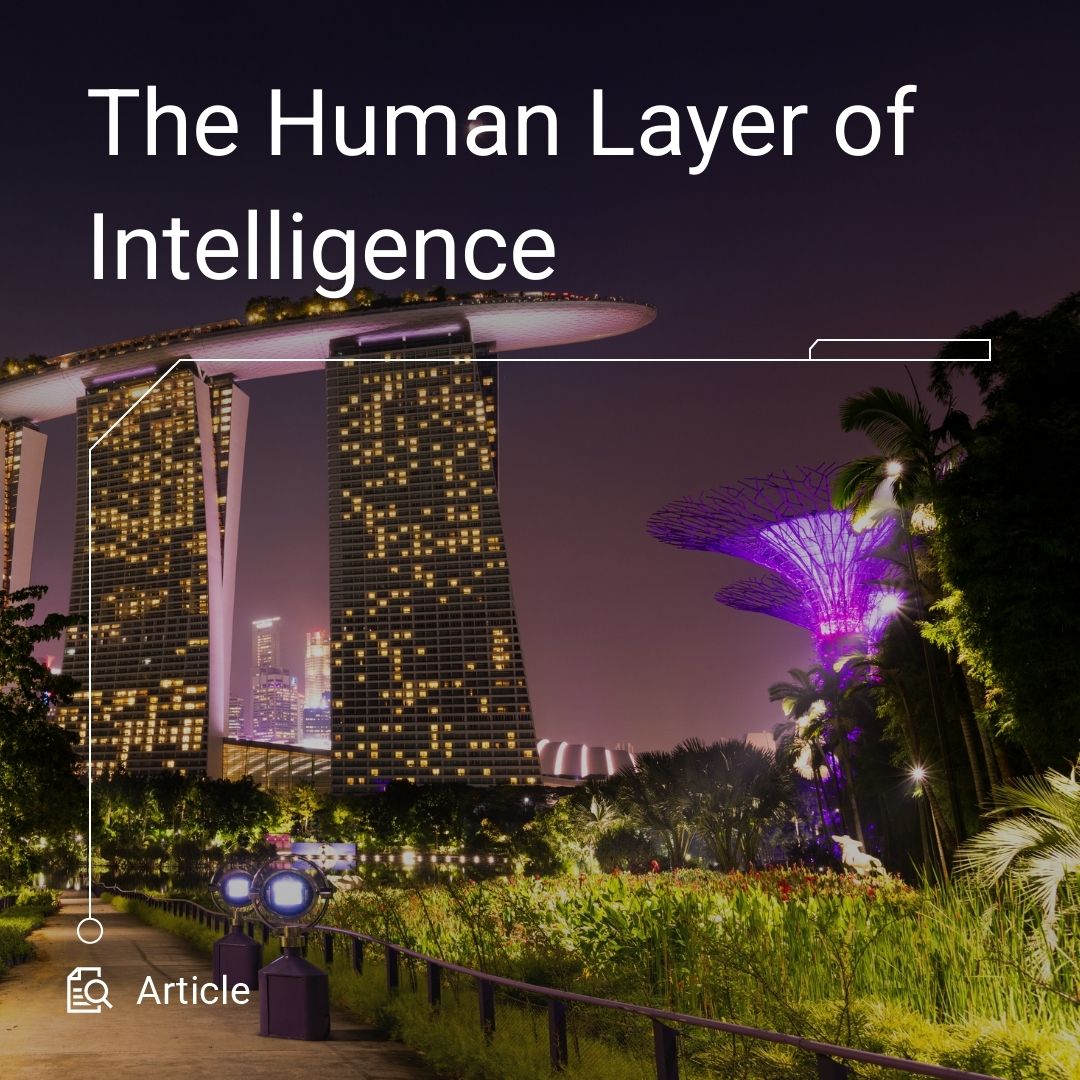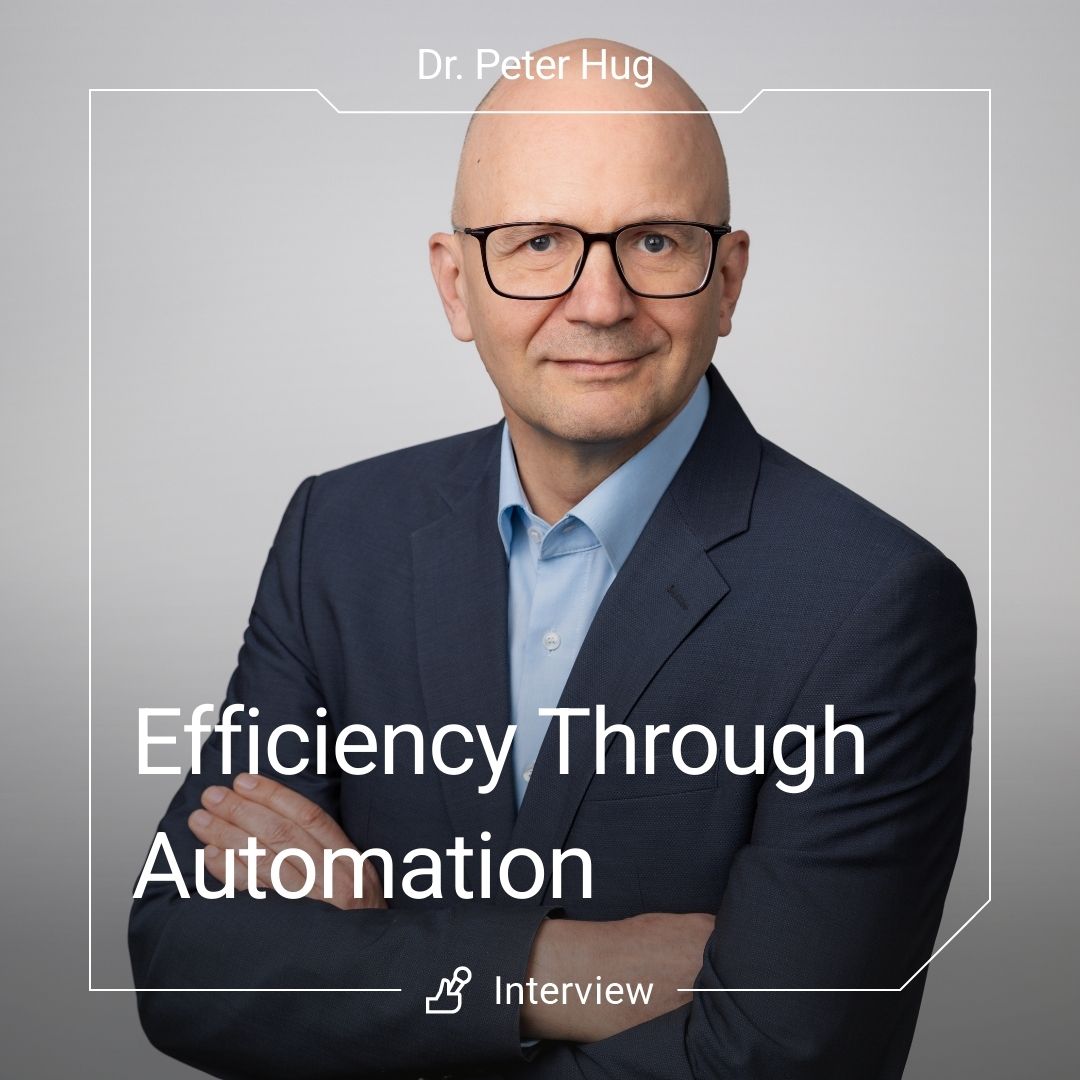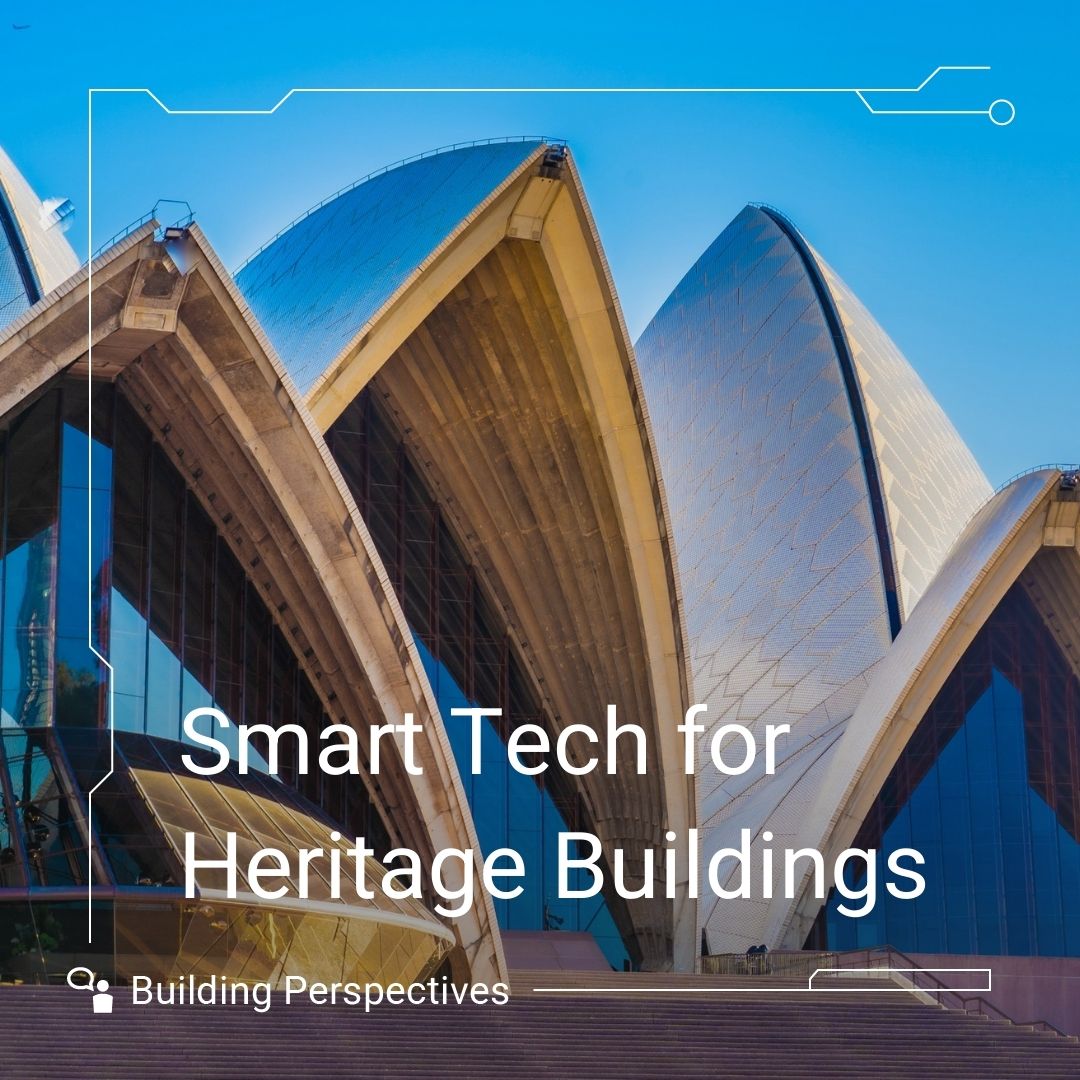“The building sector must see itself as part of the solution – not just part of the problem.”
Futures and trend researcher Helen Keller explains why the building sector is more than just a driver of CO₂ emissions – and how it can reposition itself as an active part of an ecological, social and technological system.
She speaks about circular economy, interconnected thinking, AI-supported urban planning and a shift in mindset: away from guilt and restriction – towards participation and co-creation.
What is “Blue Ecology”? Why do we need a new attitude in building design? And how can we reconnect buildings with nature and community?
Helen Keller invites us to think urban transformation holistically – and shows why the future of our cities can and should be shaped with curiosity, optimism and a sense of responsibility.
The term Built Environment serves as a lens for a broader question: How do we want to shape our built world – and what does it take to do so? The answer lies in collaboration, system understanding, forward-looking technologies and, most importantly, the willingness to rethink our attitude toward the spaces we inhabit.
Because designing buildings is not just about square meters – it's about shaping the future we want to live in.
